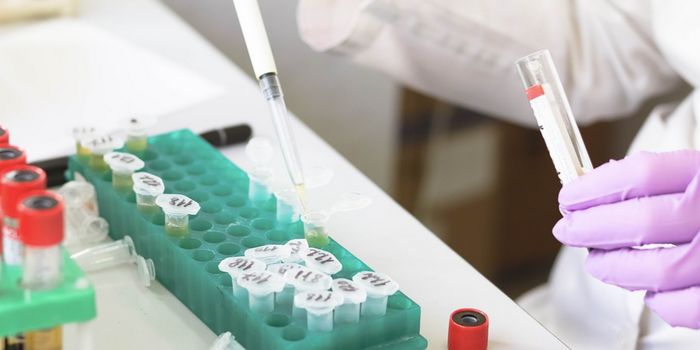Cannabis Holds Promise in Aiding PTSD
Cannabinoids, the active components of the cannabis plant, may have the potential to treat PTSD by reducing nightmares and aiding poor sleep habits. However further research is needed in order to determine whether these drugs should be a regular part of clinical practice.
Dr. Chandni Hindocha (UCL Clinical Psychopharmacology Unit), lead author of recent study published in the Journal of Dual Diagnosis, explains that “there has been a recent surge of interest in the use of cannabinoids to treat PTSD, particularly from military veterans, many of whom are already self-medicating or obtaining prescriptions in some American states."
Photo Source: Pixabay.com
PTSD most typically consists of re-experiencing a traumatic event through nightmares, flashbacks and intrusive memories. It often includes hyper-reactivity and insomnia.
Trauma-focused cognitive-behavioral therapy is the most popular psychotherapy currently used to combat PTSD. Although trauma-focused cognitive-behavioral therapy has been shown to be effective, not everyone can access this kind of talking therapy, so many people suffering from PTSD still need prescribed medications. The existing drugs approved for PTSD are not always effective and may actually have adverse effects. Due to this fact, the medical field is quickly trying to identify new treatments.
The number of people who have turned to cannabinoids to treat PTSD is quickly growing, as it is an approved treatment for this disorder in most states in the USA permitting medical cannabis. Cannabinoids, which are made up of tetrahydrocannabinol (THC) and cannabidiol (CBD), can change how the brain processes a person’s memories. These cannabinoids will act as a in-built endocannabinoid system for the brain, a system that also regulates other brain functions affected by PTSD.
The research team for this study conducted a systematic review assessing the quality of any previous study where an individual suffering from a PTSD diagnosis uses a cannabinoid to reduce their symptoms, whether it be smoked cannabis, THC, CBD or a synthetic cannabinoid called nabilone. Researchers found only 10 studies that met their requirements and criteria, each of the 10 proving to have a high risk of bias due to sample size, lack of a control group or placebo, short follow up times, inconsistencies in reporting, and retrospective study design.
Researchers say that there are still many unanswered questions in regard to safety and efficacy of cannabis-based medications for PTSD.
"Based on the evidence, we cannot yet make any clinical recommendations about using cannabinoids to treat PTSD. Current prescribing of cannabinoids for PTSD is not backed up by high quality evidence, but the findings certainly highlight the need for more research, particularly long-term clinical trials," said the study's senior author, Dr Michael Bloomfield (UCL Psychiatry and the Traumatic Stress Clinic, St Pancras Hospital).









